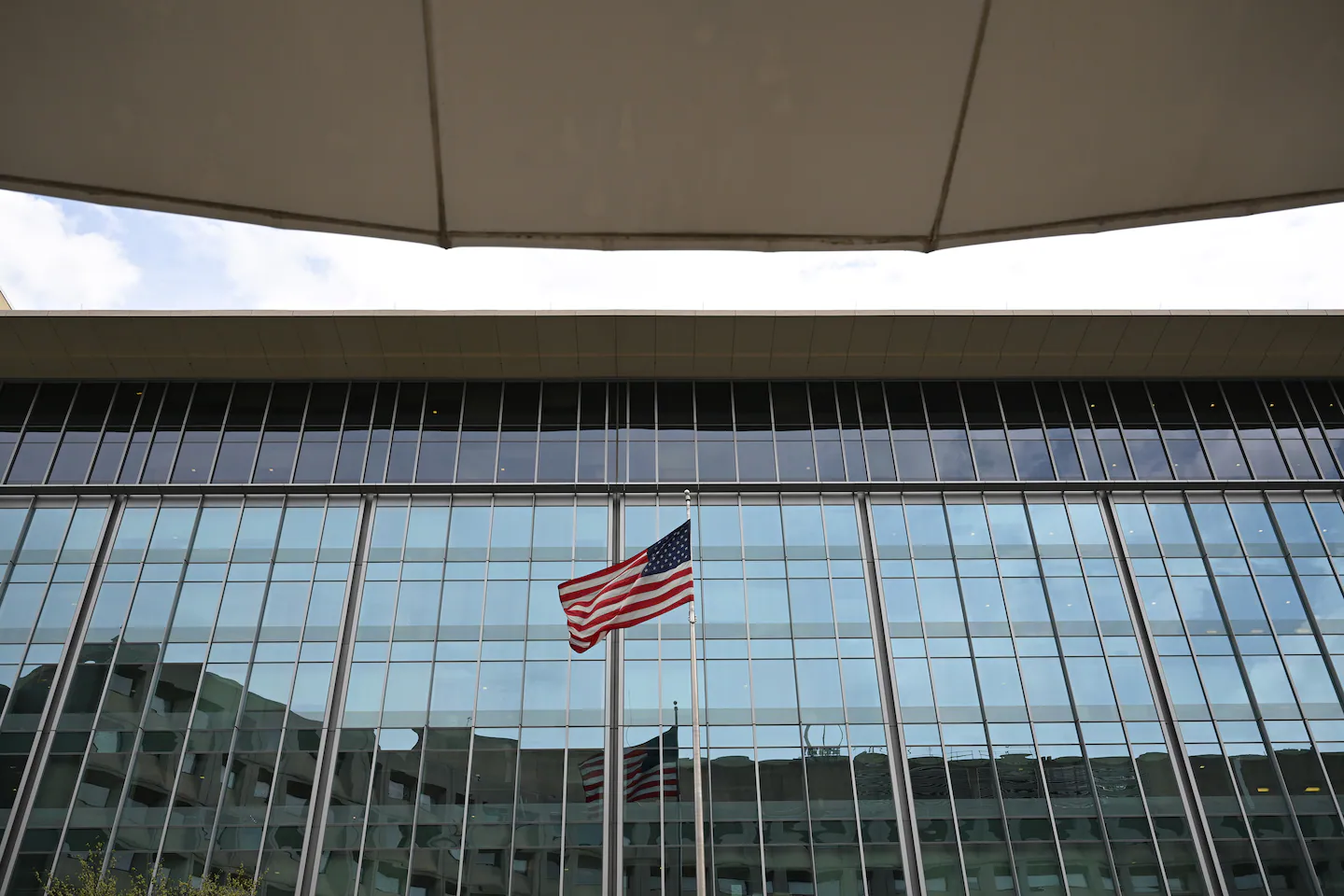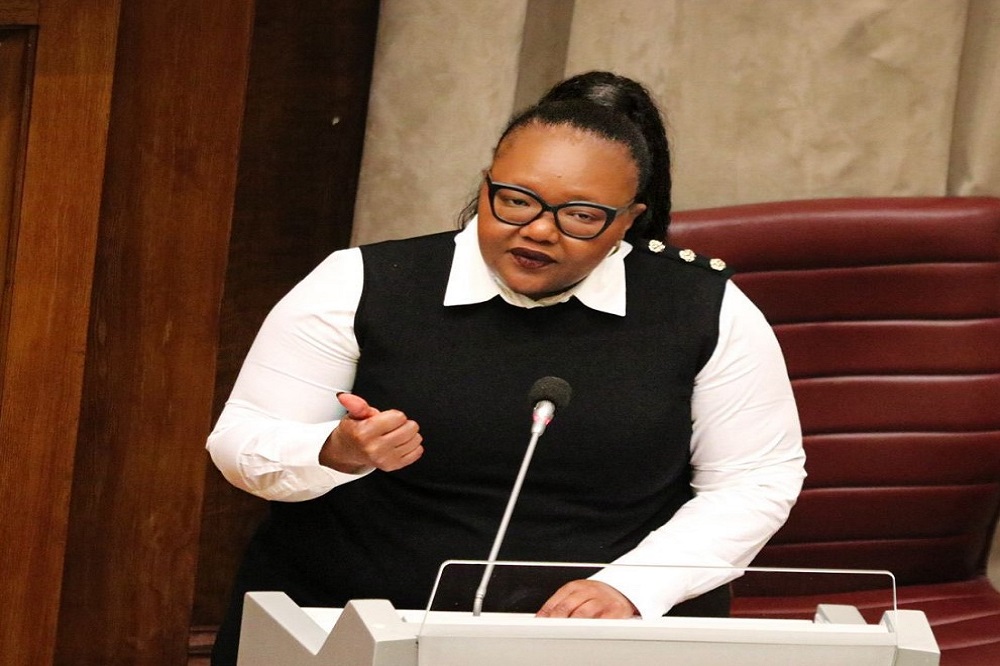
The National Council on the Humanities, a board of 26 scholars and humanities leaders appointed by the president to six-year terms, advises the chair of the NEH on grantmaking, policy and funding decisions. Before the government shutdown on Wednesday, the members were scheduled to attend a special meeting next week to review statue proposals for Trump’s National Garden of American Heroes, according to a terminated board member who spoke on the condition of anonymity to discuss a personnel matter.
By late Wednesday morning, the council’s website had been updated to show only four members: Russell A. Berman, Keegan F. Callanan, William English and Matthew Rose.
Some of the members whose names were removed from the website had been appointed by Trump. Marjorie Fisher could not immediately be reached for comment. Kathe Hicks Albrecht declined to comment.
The White House and the NEH did not immediately respond to a request for comment.
Karen A. Stout, head of the community college group Achieving the Dream and a member of the council since 2022, learned of the news while speaking to a Post reporter. She said she had not yet received a notice of her apparent firing, as of early Wednesday afternoon.
“This is just, frankly, very disappointing,” she said. “All of us, no matter who appointed us, were proud to serve on the council and were doing our best under both administrations to honor the work of the council and the direction of the administrations,” she said, adding “I never looked at my colleagues on the council as Trump or Obama or Biden appointees.”
Stout, the former president of Montgomery County Community College, said that she’s seen the direct benefits of the council’s work in the college’s community and is concerned about what this move means for investments in the humanities moving forward.
“The council benefits from multiple perspectives,” she said, describing respectful conversations that reflected a diversity of opinions. She said the council had met twice since Trump returned to office.
“I just fear that there will not be that kind of discourse anymore. There will be one perspective,” she said.
President Trump has proposed eliminating the two endowment agencies, though Congress has so far declined to do so. In April, the National Endowment for the Humanities cut staff along with at least 1,200 grants, stripping millions of dollars of previously approved funding from state humanities councils, museums, historic sites, archives, and other cultural groups across the country.
Federal courts have so far pushed back on key elements of the administration’s attempts to overhaul the agencies. Judges in July and August issued injunctions on the NEH as lawsuits against the mass cancellation of previously approved grants proceed. And a court in September ruled the NEA’s policy on evaluating grants for “gender ideology” violated the First Amendment.
In April, NEH acting chair Michael McDonald told members of the National Council that some NEH and NEA funds would be directed to the president’s proposed National Garden of American Heroes, as well as next year’s celebrations for the country’s 250th anniversary.
The agency has since made fewer grants, in some cases large awards to projects aligned with the semiquincentennial or the administration’s cultural agenda. Last month it awarded $10.4 million, its largest grant ever, to Tikvah, a think tank and education center that describes its mission as advancing “Jewish excellence and Western civilization through education and ideas.”



